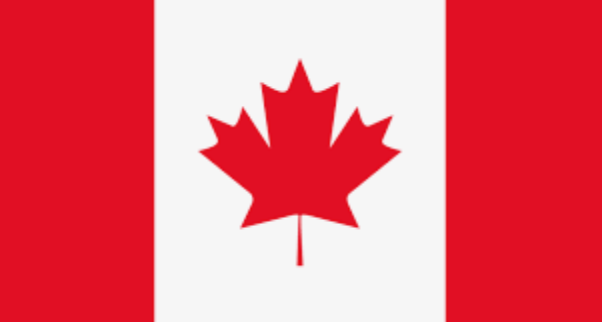Chemycal has been acquired by 3E
Learn MoreChemycal has been acquired by 3E
Learn MoreDiscover how Chemycal PRO helps you boosting your regulatory monitoring:

British Columbia has introduced the Single-Use and Plastic Waste Prevention Regulation to reduce the environmental impact of single-use and plastic items by prohibiting certain products and promoting sustainable alternatives.
The Regulation, effective six months after publication, enforces a series of prohibitions and requirements, including:
To encourage the use of alternatives, businesses will be required to charge a minimum fee for single-use paper shopping bags and promote a no-fee option, which includes the use of reusable bags or existing containers.
Furthermore, single-use foodservice accessories, such as wooden utensils, drinking straws, napkins, wet wipes, and single-serve condiments, will only be available upon request or through online food order platforms. Self-service stations will be permitted.
The Regulation takes into consideration exemptions based on accessibility, affordability, or the absence of suitable alternatives. Manufacture and import for the purposes of export are not subject to the prohibition.
On a specific timeline, the prohibition on shopping bags, foodservice accessories, and foodservice ware, except for polystyrene foam trays used for meat, poultry, and fish, will come into force six months after the Regulation's publication. The prohibition on the sale and distribution of polystyrene foam trays used for these purposes will be enacted on July 1, 2030, seven years after the Regulation's publication.
This regulation aligns with British Columbia's commitment to the pollution prevention hierarchy and seeks to reduce the environmental impact of single-use and plastic items by phasing out unnecessary products, promoting reusable alternatives, and ensuring recyclability or compostability of essential items. The categories of single-use plastic items targeted by the Regulation have been commonly found in Canadian shorelines and terrestrial litter clean-ups, posing threats to wildlife and ecosystems.
British Columbia estimates that the Regulation will prevent the use of approximately 192 million single-use bags annually, while also addressing recycling challenges and improving the efficiency of value recovery systems. This step is part of a broader strategy to foster a circular economy in the province, keeping plastics out of the environment.
MORE INFO AND DOCUMENTS: chemycal.com
2013 © MyChemicalMonitoring. ALL Rights Reserved. About Us | Terms and Conditions